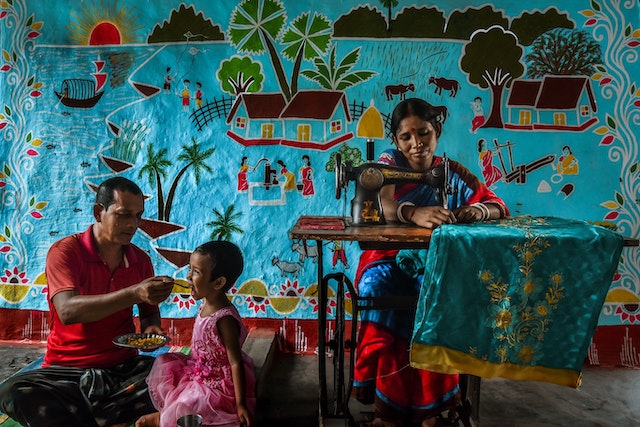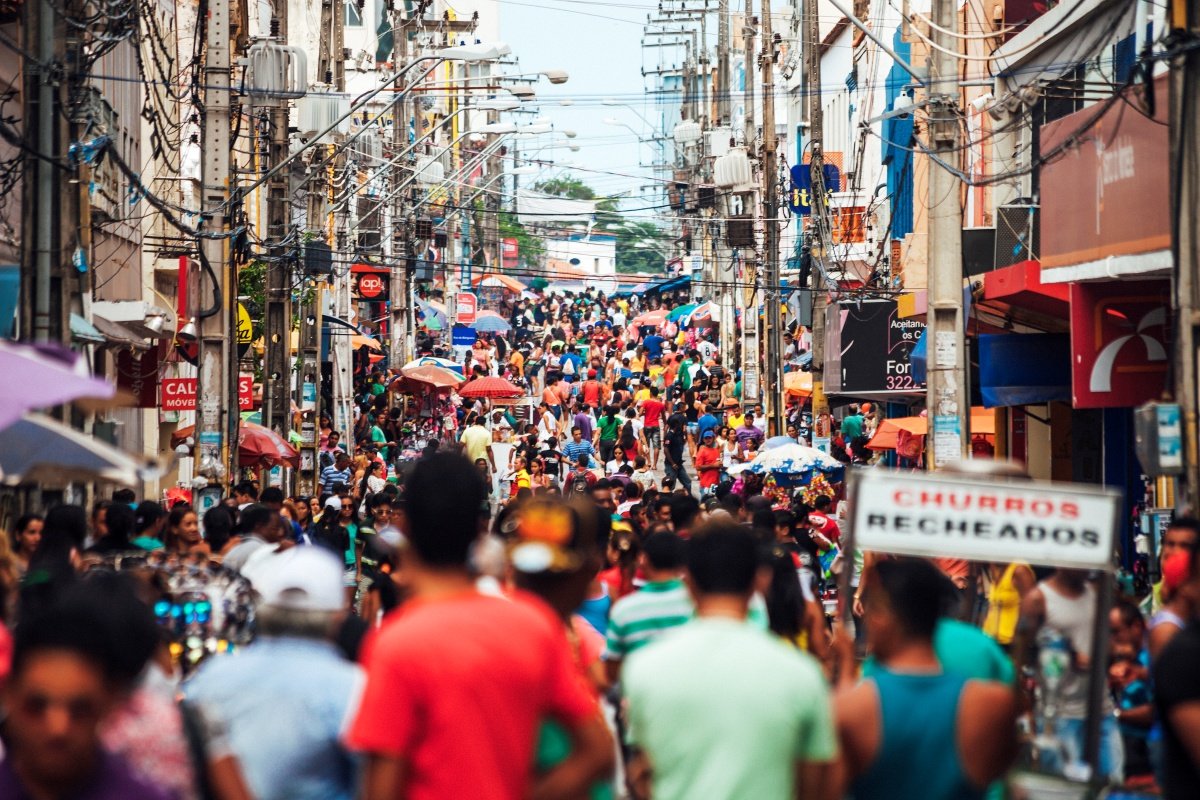We are on the brink of a historic event. The world is about to welcome its eight billionth inhabitant. The forecast is for the historic mark to be reached on Tuesday (15).
This amount is due not only to the falling birth rate, but also to the longevity of the population that has grown over the years.
In commemoration of World Population Day, July 11, the UN (United Nations) has published a letter in which it celebrates advances in medicine that make it possible to live longer and reduce child and maternal mortality.
But even in this victory scenario, many challenges face the reality of a population of 8 billion.
Panorama
One lives not just by celebrating, but by planning and understanding who these people are and what strategies are needed to maintain quality of life and well-being.
With this in mind, the UN document World Population Prospects 2022It provides fundamental data for the study and understanding of the world scenario as a key player in outlining new behaviors and developing world politics.
Birth and fertility rates are falling, according to the data. This decline is due, among other factors, to greater access to information on health, family planning, and reproductive choices.
But still, lower-income countries continue to produce the most children.

This formation in the birth rate directly interferes with changes in the pattern of the age pyramid. We see that the 25-year-old and 64-year-old age range is expanding.
Countries considered to be a set of “active populations” that can work and move the economy have a lot to gain economically with their current workforce.
But for this to be feasible, income generation, better working conditions, change of life and context are only possible if they exist. investment in human capital.
Another important factor is life expectancy. In global indices, the estimated age is 72.8 years, with a gradual increase in this indicator. It is estimated that the average life expectancy for 2050 will be 77.2 years.
And so, difficulties begin to arise.

What are the challenges for the 8 billion population?
The challenges are numerous and permeate issues such as hunger, work, health, quality of life, sustainability, securing rights.
According to the data, most of the world’s population is concentrated in eight countries: Congo, Philippines, India, Egypt, Ethiopia, Tanzania, Nigeria and Pakistan.
This estimate points to countries that, in addition to demographic data, need to look more carefully at their needs.
These indices serve as guidelines for policies that think about the integrity of people, considering their context, culture, authenticity, and above all, their footprint in the world.
As our population grows, so do the environmental impacts. How can we sustainably maintain quality of life with targets to be achieved by 2030, such as reducing the carbon footprint and the effects of global warming?

Adopt clean energy? Sanitation? How to fight hunger through sustainable agriculture? There are still a few questions that do not have definitive answers.
Some avenues have been considered and discussed, as an example of initiative we can cite the ongoing COP27 event where Brazil can play an important role by presenting proposals to fight hunger.
Having a population of 8 billion brings with it many opportunities as well as countless challenges.
According to Liu Zhenmin, Assistant UN Secretary-General for Economic and Social Affairs, “rapid population growth makes it difficult to eradicate poverty, combat hunger and malnutrition, and expand health and education systems.”
To embrace this new world, and as UN Secretary-General António Guterrez said, “Celebrate our diversity, recognize our shared humanity, and marvel at advances in health. […]”We need answers.
Until these are available, we continue to ask what would be the best ways to preserve the essential quality of life for our population, ensure rights, and access health and education.
Source: Tec Mundo
I am Bret Jackson, a professional journalist and author for Gadget Onus, where I specialize in writing about the gaming industry. With over 6 years of experience in my field, I have built up an extensive portfolio that ranges from reviews to interviews with top figures within the industry. My work has been featured on various news sites, providing readers with insightful analysis regarding the current state of gaming culture.













